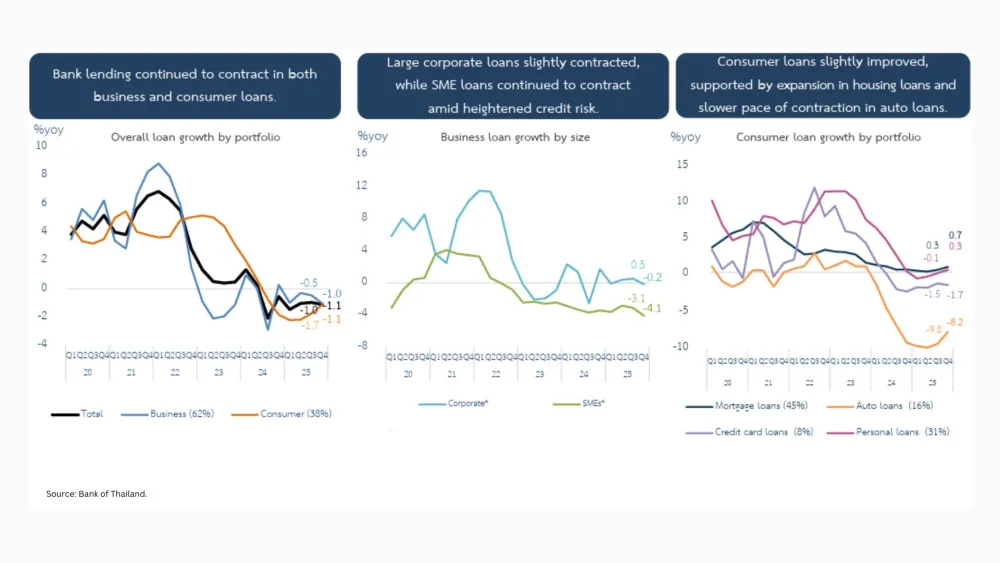
Risks for Sri Lankan banks may rise when ISB investment suspension lifts: Fitch
Even with the suspension lifted, banks will still have difficulties accessing foreign currency funding.
The end of the suspension on Sri Lankan banks' investments in international sovereign bonds (ISBs) issued by the Sri Lanka sovereign (CCC) has the potential to increase banks' exposure to sovereign and foreign-currency funding and liquidity risks, warns Fitch Ratings.
Local regulators on 16 June revoked the previous indefinite suspension on investments in ISBs by banks. With the suspension lifted, banks can now purchase ISBs in the secondary market, provided this investment is funded by fresh overseas borrowings.
Earlier, the Central Bank of Sri Lanka (CBSL) halted investments in ISBs by banks beginning December 2020 after Sri Lankan banks heavily invested on these, after local authorities expressed concern about the pressure on the domestic foreign-exchange market through dollar outflows.
To avoid problems, the directive lifting the suspension requires banks to adopt risk mitigation measures to bridge maturity mismatches that could arise.
However, these methods may not be enough to mitigate such risks, according to Fitch. Already, banks' credit profiles are significantly exposed to the sovereign.
The ratings agency further noted that its rated banks in the country have about a third of their combined assets exposed to the central government by end-2020. Lenders also face foreign-currency risks, including through their US dollar-denominated ISB investments.
Risks to banks from their holdings of foreign-currency government securities are exacerbated by recent measures that have reduced minimum buffers, such as a reduction in the risk weights on foreign-currency claims on the government held by banks to 10% in 2021 from 20%, and cut in the loss-given-default rates to 10% from 20% when computing expected losses in 2021, Fitch said.
Furthermore, even with the lifting of the suspension, the ratings agency still expects Sri Lankan banks to continue to face difficulties in accessing foreign-currency funding due to the sovereign's low credit rating. Foreign-currency borrowings continue to decline, falling to LKR881b by end-Q1 from LKR984b as of end-2019.
This is a problem, as refinancing needs remain high given that banks’ short-term loans made up around 63% of the system's external debt as of end-2020.



















 Advertise
Advertise










